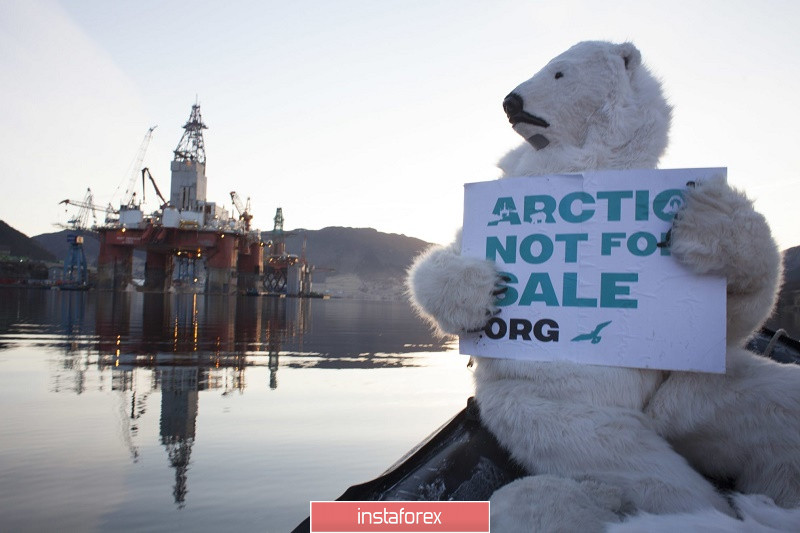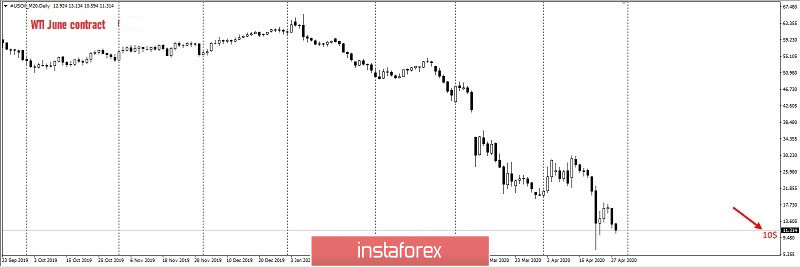
The biggest opponent in Arctic oil production turned out to be Wall Street, not Washington.
Just now, Morgan Stanley announced that it will pull out funds for Arctic oil and gas development, following similar moves from Citigroup, Goldman Sachs, JPMorgan and Wells Fargo.
Lending restrictions also pose another threat for oil companies, especially after the massive drop in prices, lower demand, and glut on oil. The Ministry of the Interior plans to sell drilling rights on the 1.56-million-acre coastal plain of the Arctic refuge.
"We've been talking about the need of keeping rigs outside the Arctic refuge, and it's amazing that more and more large banks are listening," said Bernadette Demientieff, head of the Gwich'in Steering Committee. "The fight to protect this territory is far from over, and we will continue to hold any bank, oil company or politician who seeks to destroy this nature accountable," she added.
Bank declarations highlight the potential danger involved with the controversial fossil fuel projects amid growing public concern on climate change. Pressure to strengthen existing policies to limit fossil fuel projects will only increase on both banks and lenders.
Oil industry supporters view this development of the Arctic shelter as another way to revive production on the northern slope of Alaska, which can provide variety of oil sources in the United States.
"It is disappointing that these large banks do not want to invest in an area such as the Alaskan Arctic, where we have responsible development and strong partnership with the people who live there," said Kara Moriarty, head of Alaska Oil and Gas associations. "Meanwhile, they continue to invest on projects in countries where there is no such strict regulatory policy."
Adversaries of Arctic oil production warn that the operations could jeopardize wildlife of arctic animals such as foxes, polar bears, and herds of caribou (reindeer). They took on the finance-focused approach after Trump's 2016 election, where drilling was advocated, and the decision of the Congress a year later put an end to the decade-long ban on oil development in the refuge's coastal plain.
Alaska Natives met with leaders and spoke about potential human damage from drilling on the lands they use to hunt caribou (reindeer). According to them, it's a "sacred place where life begins." Major shareholders have warned lenders that they are jeopardizing the climate, their finances, and their reputation by signing drilling campaigns in the Arctic.
Opinions are divided, but in such a situation where oil demand is low, production cut is needed and made even in this way, which also preserves nature.
Meanwhile, Germany announced the discovery of a new gas and oil field in the country. In addition, a natural gas processing plant will be built in the first half of 2020, which is expected to begin production at the end of the year.
Against this background, oil continued to fall:

Andreas Scheck, Managing Director of Neptune Energy said, "These two successful wells highlight the great potential of this region's future oil and gas production, which will allow us to significantly increase our production." Neptune Energy is an operator of Adorf and Ringe deposits. It's share in the Adorf Z15 well is 66.7%, and in the Ringe, 45%.





















